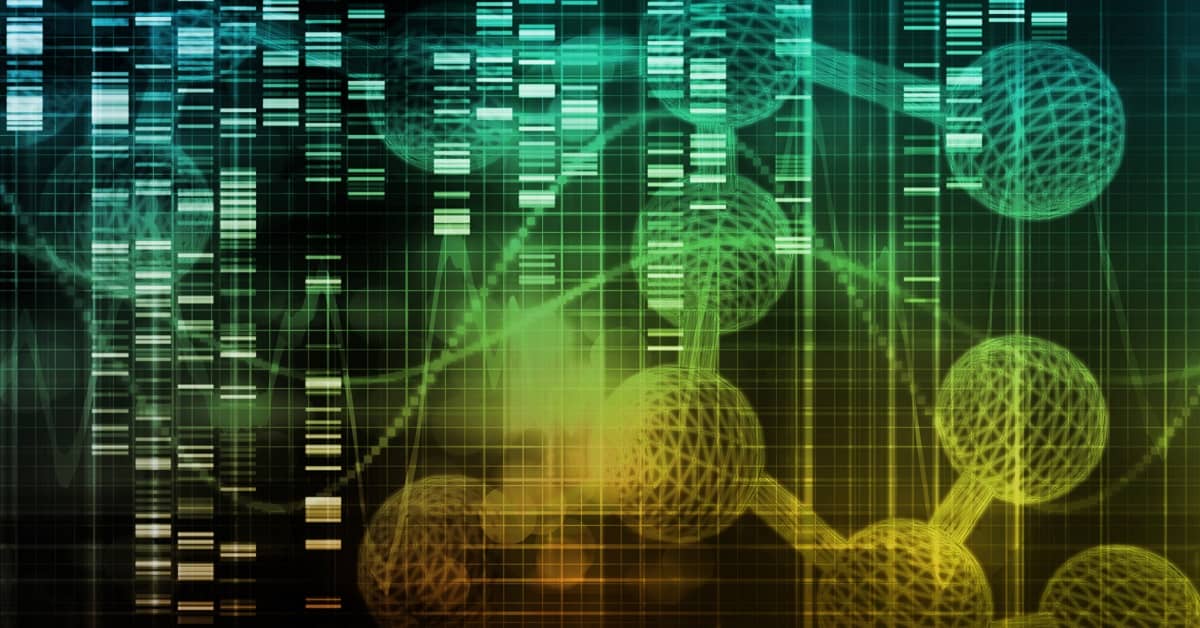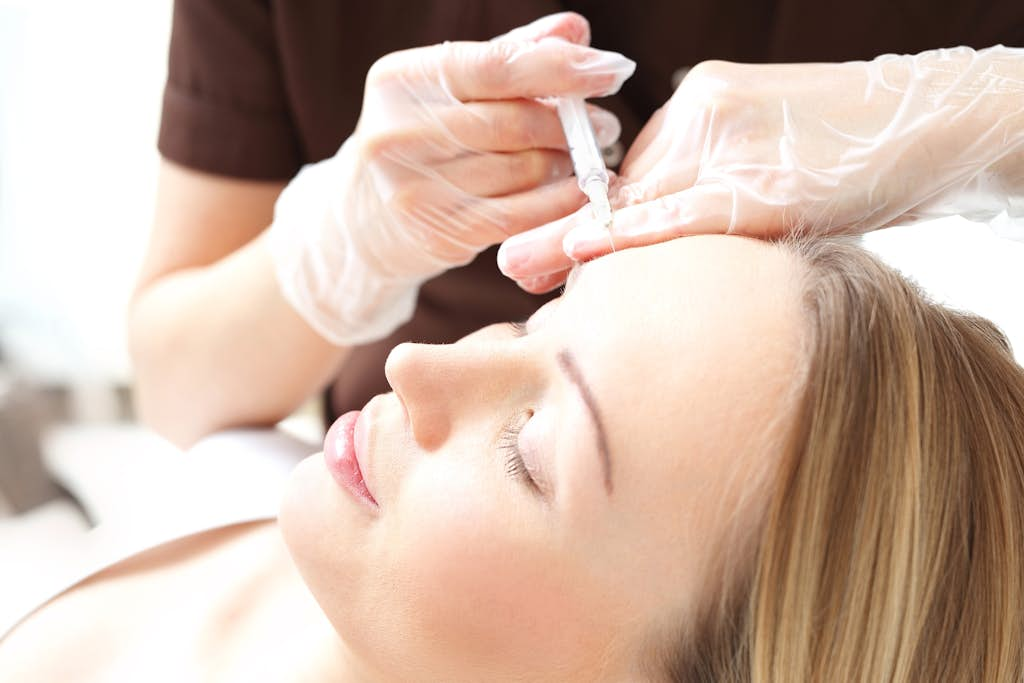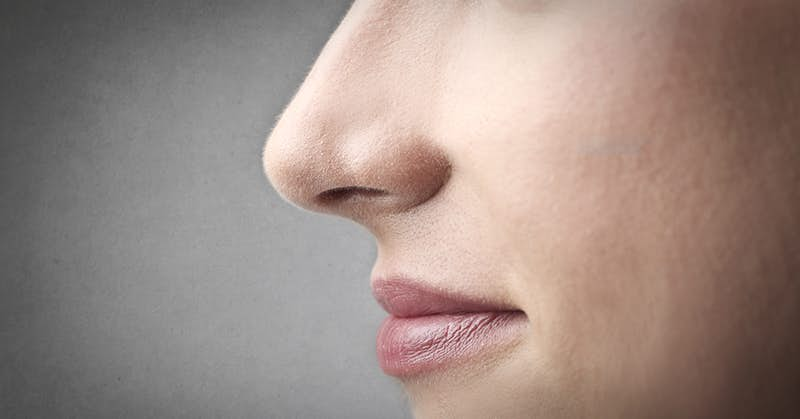
Some of your pals may look like they just stepped out of 11th grade study hall, while others look like they’ve been run over by a truck.
Recently, researchers at Stanford University School of Medicine delved into this conundrum on the molecular level, hoping to finally answer the question ‘why we age differently,’ once and for all. Let’s take a closer look at what the scientists found as well as how you can use their discoveries to age more gracefully.
Four Kinds of Ageotypes-- Which One Are You?
The study, published in the journal Nature Medicine, suggests that we all have an “ageotype” that affects how we age.1 “Individuals are aging at different rates as well as potentially through different biological mechanisms,” or ageotypes, the Stanford scientists write.The four main ageotypes include metabolic, immune, hepatic (liver) and nephrotic (kidney). The individual ageotypes signify the pathways in which increases in aging biomarkers are most evident.
Study author Michael Snyder, Ph.D explained metabolic agers, for example, may be at a higher risk for type 2 diabetes as they grow older, while immune agers may generate more inflammation, and therefore be at higher risk for immune-related disease. Liver and kidney ageotypes may be more prone to liver or kidney diseases, respectively.2 You may be able to look at his list and quickly identify your ageotype. Perhaps you struggle with weight gain and insulin resistance (metabolic), or perhaps you suffer from joint degeneration or autoimmune illnesses (immune), etc.
Or maybe, you have a hard time picking! Don’t feel bad – you have plenty of company. Unlike astrological signs, a person is not limited to one ageotype. In fact, some folks might have all four! If that’s you don’t worry. I’ve got some great news…
Ageotypes are Not Set in Stone
In the study, Stanford researchers tracked 106 healthy individuals aged 34 to 68 years over a two-year period.Scientists analyzed participants’ blood and other biological samples during this period, keeping an eye out for a variety of molecular changes to identify ageotypes. But they were also looking for the potential of early treatment and lifestyle interventions to help us age more gracefully.
The good news: the study shows that intervening early enough – say, treating high blood pressure or cholesterol – can reduce future negative health risks and diseases.
Even more exciting, researchers found that not everyone in the study showed an increase in negative ageotype markers over time.
In fact, in some participants the markers decreased, at least for a short time, when they made lifestyle changes, such as losing weight or making dietary changes to impact inflammation.
“The ageotype is more than a label; it can help individuals zero in on health-risk factors and find the areas in which they’re most likely to encounter problems down the line,” Prof. Snyder said.
Curiously, some people maintained their enviable slower-than-average aging rate throughout the entire study. These people certainly should be the subject of more research. Scientists agree…
More Study Warranted
Prof. Snyder recognizes there are likely other pathways to aging, such as cardiovascular agers who may be more prone to heart attacks, for example, but this study was limited to researching the four main aging pathways.Clearly this area of study is still in its infancy and scientists will surely need more participants and longer time periods to gain further knowledge about ageotypes and how they can hurt or help us.
Perhaps in the future, this type of testing will be mainstream. Imagine if you learned that you were aging faster than an average group of your peers? It could be motivation to exercise more or eat better.
Would folks be more inclined to make lifestyle adjustments if the program was tailored to their personalized ageotype? Maybe, say researchers.
“Or, perhaps, a person whose ageotype suggests rapid aging in the circulatory system might get extra imaging to look for calcium build-up in arteries,” Prof. Snyder added.3 I’m going to keep an eye on this exciting area of research. But in the meantime, I’ll continue to advocate for proven natural ways to reduce the risk of disease to help us all achieve a great quality of life as we age.
I don’t think we need an ageotype test to encourage us to stop smoking, lose extra weight, get plenty of exercise and eat a healthy diet!
- Ahadi, S., Zhou, W., Schüssler-Fiorenza Rose, S.M. et al. Personal aging markers and ageotypes revealed by deep longitudinal profiling. Nat Med 26, 83–90 (2020)
- http://med.stanford.edu/news/all-news/2020/01/_ageotypes_-provide-window-into-how-individuals-age--stanford-st.html
- https://www.nbcnews.com/health/aging/there-are-least-4-different-ways-aging-scientists-say-n1112796


